As the nation gears up for another presidential election cycle, the spotlight is once again on the debates that have become a cornerstone of American democracy. While the format and stakes of these debates have evolved over the years, the fundamental role they play in shaping voter’s opinions remains unchanged. But is the change for the better or worse?
A reflection on presidential debates from decades past reveals a stark contrast to the high-stakes, media-driven spectacles we witness today.
In the early days of televised debates, such as the iconic face-off between John F. Kennedy and Richard Nixon on Sept. 26, 1960, the stakes were just as monumental but the atmosphere was vastly different. The debates had a more formal tone, with candidates focused on articulating their policies and visions for the country. There was mutual respect between candidates; in the 1960 debate, Nixon’s opening statement acknowledged that respect for Kennedy.
“The things that Senator Kennedy has said many of us can agree with,” said Nixon.
Kennedy treated Nixon with the same regard. He disagreed with the actions of the Republican party but was able to put that aside to give Nixon credit for his abilities in a respectful manner.
“I think Mr. Nixon is an effective leader of his party. I hope he would grant me the same,” said Kennedy.
Viewers tuned in to watch a battle of ideas and policies rather than personalities and scandals. The significance of this debate was profound; it marked the first time that television influenced the voter experience so dramatically. Prior to this, presidential debates were not as much of a spectacle as they are today.
Fast forward to the present day and we find ourselves in an almost completely different place.
Modern debates are often characterized by sound bites, viral moments and a relentless focus on candidates’ personalities rather than their political goals. Social media plays a pivotal role in shaping public perception, with moments from debates instantly shared, dissected and commented on by millions on various social media platforms.
The narrative surrounding each candidate is shaped by their viral moments rather than policies. There has undoubtedly been a shift in debate subject matter from policy-centric discussions to personality-driven clashes. Where once candidates maintained a level of decorum and respect, recent debates have seen candidates resorting to personal attacks and interruptions, creating an environment that can often feel more like a reality show than a serious discussion of national issues. Many such remarks were made in the June 2024 face-off between former President Donald Trump and President Joe Biden. After interrupting the moderator and talking over each other constantly, the men seemed to only focus on belittling one another rather than discussing policies.
“Let’s not act like children,” said Trump
“You are a child,” said Biden.
This raises important questions about the impact of such tactics on voter engagement and the tone of political communication. Now, more than ever, the challenge lies in ensuring that debates create meaningful dialogue rather than devolving into contentious exchanges that leave voters frustrated and disillusioned.
As we prepare for the upcoming election, it is crucial for both candidates and voters to prioritize substance over spectacle. Social media’s focus should be on empowering voters to make informed decisions when they head to the polls.
While the format and tone of presidential debates have evolved significantly since their creation, the core purpose remains the same. As we navigate the complexities of modern politics, we should hope for debates that value ideas, respect, and the democratic process, fostering a renewed sense of engagement among voters. The future of our democracy may depend on it.






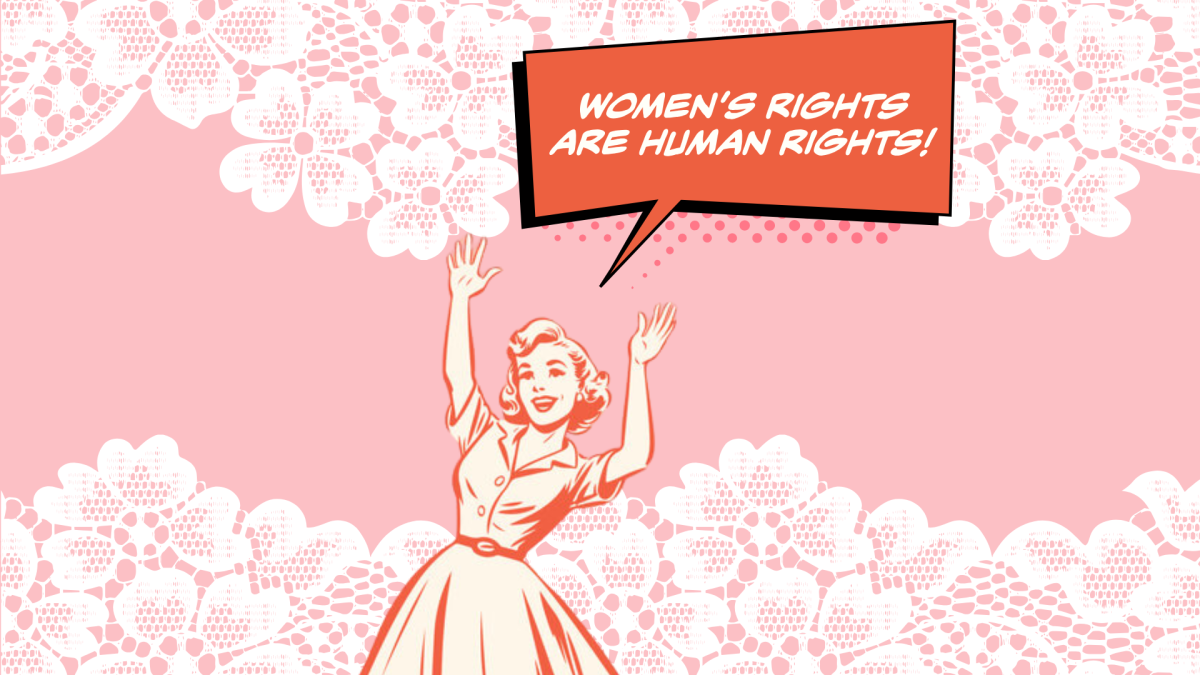
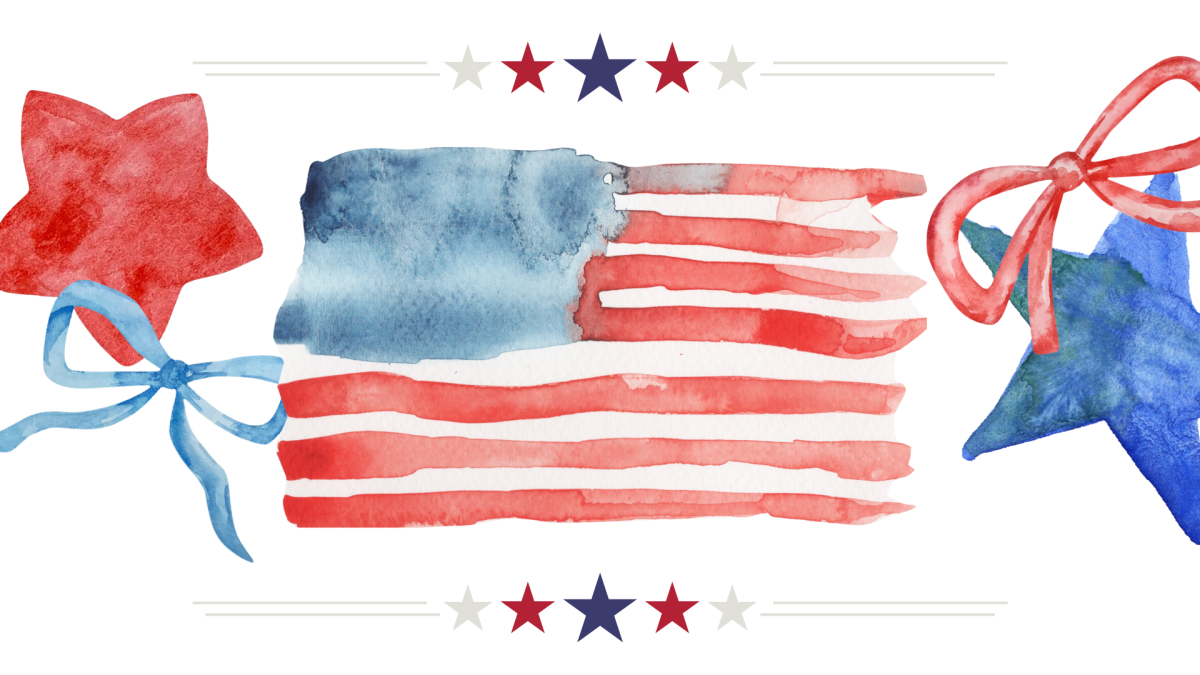






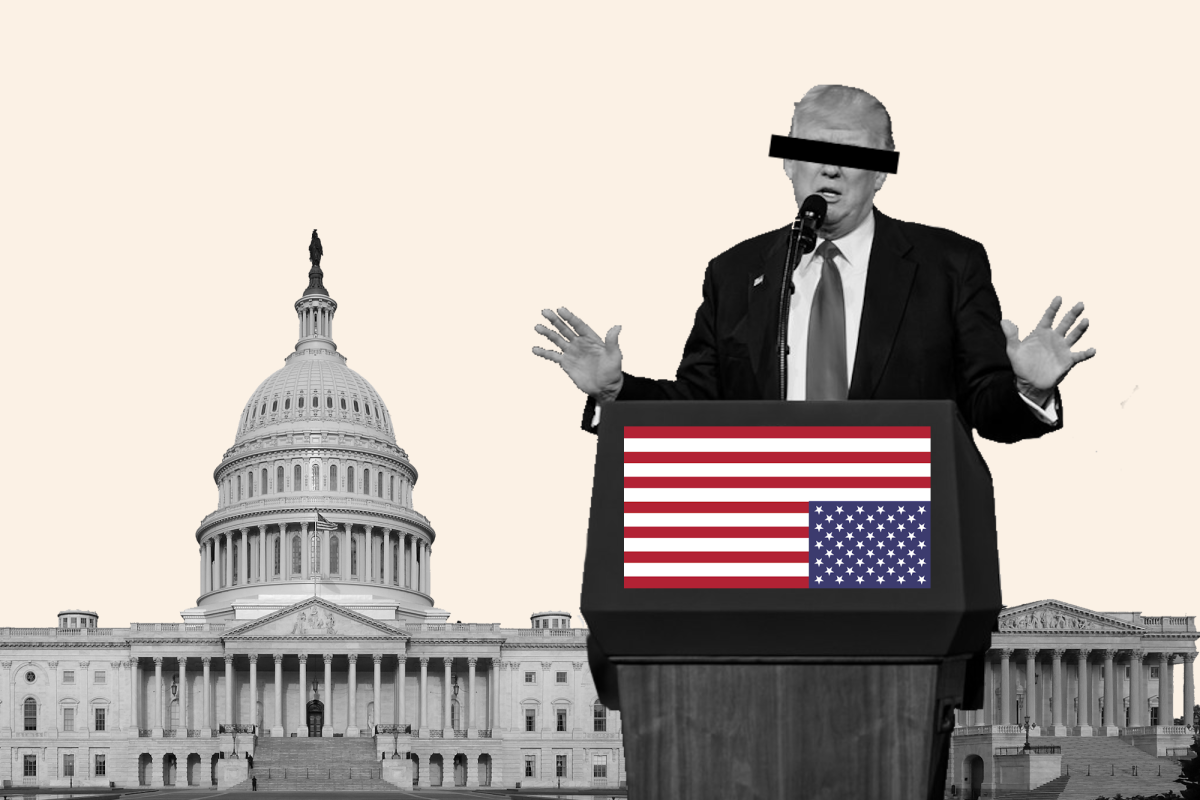

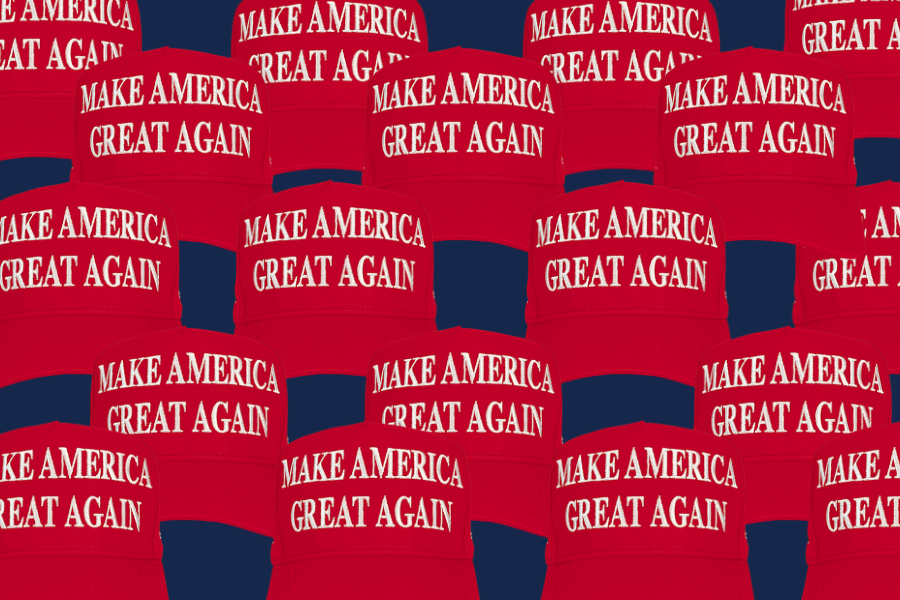
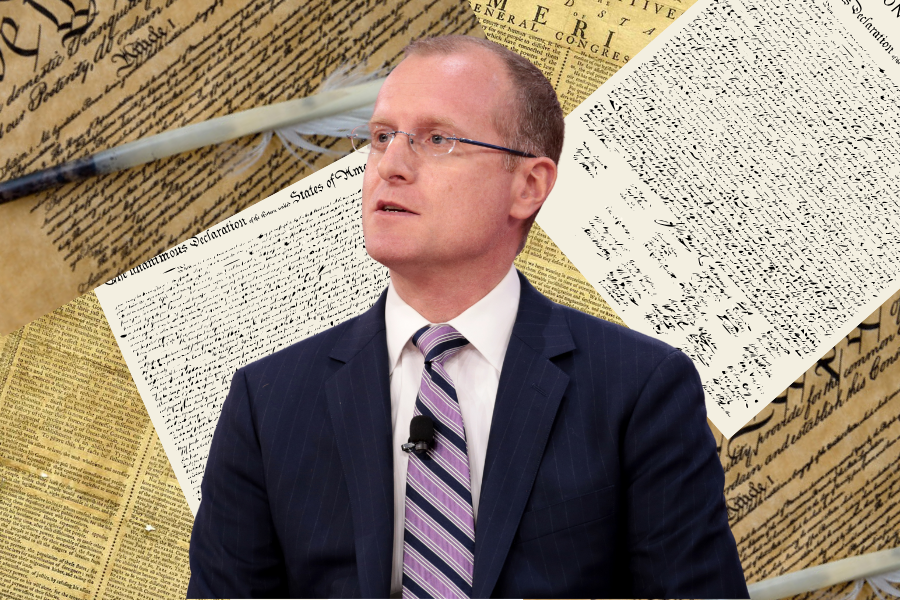




Alec • Oct 9, 2024 at 7:22 pm
This is an Amazing piece of writing with an outstanding point of opinion. In future debates, I hope better precedence set with the candidates having more respect for one another. It makes for less chaos for our nation as a whole. We’ll done!